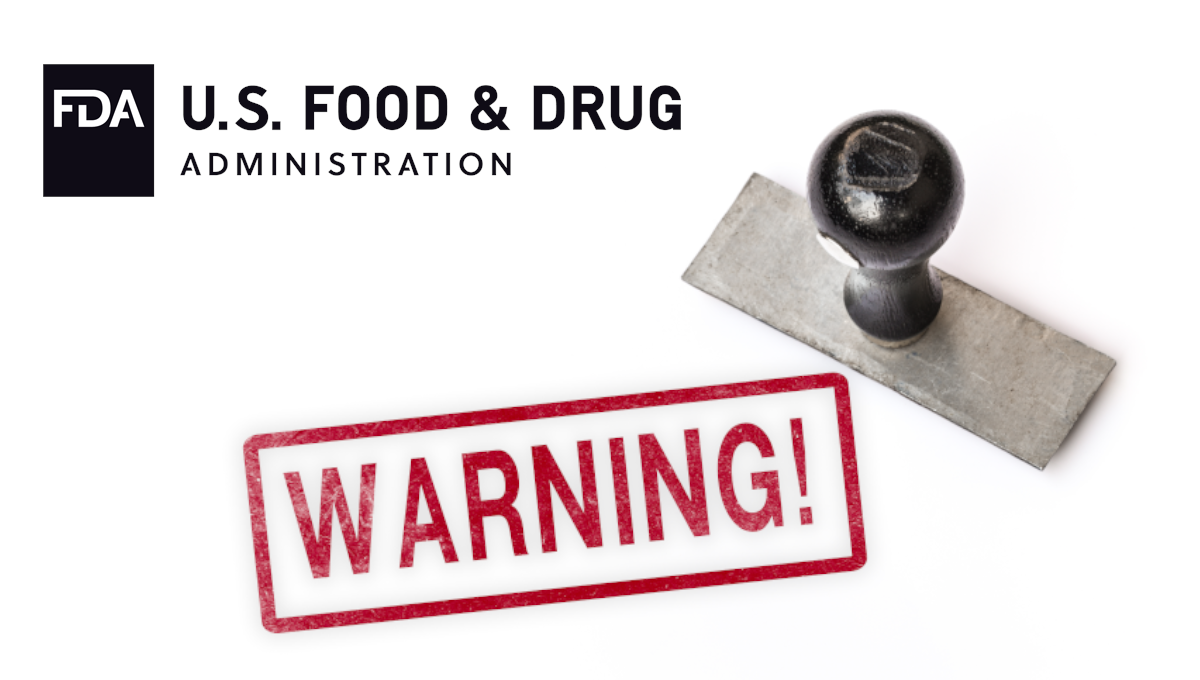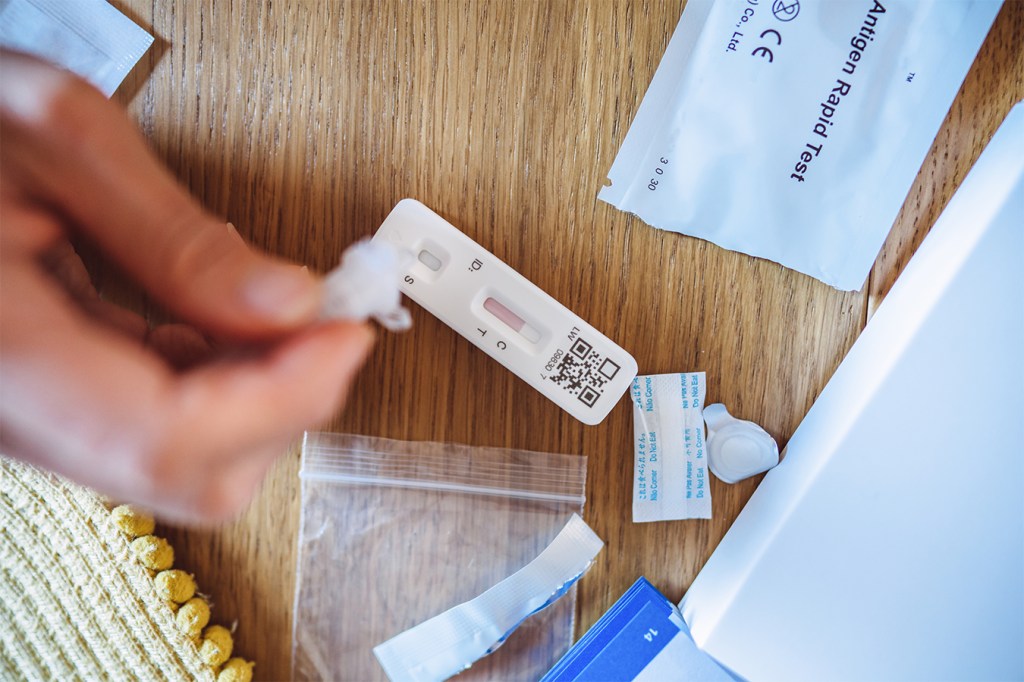Sept. 27, 2021 – Health care workers across New York state awoke to a new reality Tuesday – the day all of them must have at least one dose of a COVID-19 vaccine to continue to work.
As the state’s new vaccine mandate took effect, an estimated 70,000 out of 450,000 health care workers remain unvaccinated and out of compliance, according to data released on Sept. 22.
To help manage any staffing shortfalls, Gov. Kathy Hochul late Monday signed a six-page executive order declaring a statewide emergency. The order allows health care workers from other parts of the country to temporarily fill empty positions and lets the state to deploy the National Guard if needed.
The effects of the mandate have already been felt throughout the state. In some areas, for example, inpatient elective surgeries have been postponed due to staff shortages.
In New York City, about 5,000 employees at the city’s 11 public acute-care hospitals remain unvaccinated (out of a total of 43,000 employees), Mitchell Katz, MD, head of NYC Health Hospitals, the largest municipal health system in the U.S., said at a news conference Monday.
While those who chose not to get vaccinated were placed on unpaid leave — they can return once they’re in compliance —Katz assured New Yorkers that “all of our hospitals and community health clinics are open for care without interruption.”
Early preparation for the mandate appears to have made a difference in some places.
In Syracuse, Upstate University Hospital is closing more than half of its operating rooms in anticipaton of a staff shortage thanks to the mandate, the website Syracuse.com reported.
But in Buffalo, Shirley Johnson, chief clinical operations officer at Roswell Park Comprehensive Cancer Center, said that 97% of its 3,700-member staff is fully vaccinated and that fewer than 40 employees will receive notice that they will be unable to continue working until they’re vaccinated.
“We began engaging with staff weeks before the mandate,” Johnson told WebMD. “Because of this, we’ve made no adjustments to our clinical operations and we haven’t had to reduce our operating room volumes or bring in extra staff to support our work.”
For Johnson, the mandate is a necessity.
“We are seeing breakthrough COVID in the community and an increase in COVID within Erie County,” she says. “We serve cancer patients, a vulnerable, high-risk patient population. We wanted to do the right thing for our community so kudos to New York State for supporting the health care community.”
Dara Kass, MD, an emergency room doctor and associate professor of emergency medicine at Columbia University Medical Center in New York City, agrees with Johnson.
“As health care workers, we feel a sense of solidarity with the entire health care workforce in our state being vaccinated,” she says. “We also think it’s very important that we lead by example.”
At NewYork-Presbyterian Hospital in New York City, more than 99% of the hospital’s 48,000 employees are vaccinated and the fewer than 250 who chose not to comply are no longer employed, according to Alexandra Langan, director of media relations.
Ultimately, Erin Cornell, an ICU nurse at NewYork-Presbyterian Brooklyn Methodist Hospital, worries about anyone who remains unvaccinated, but she’s been thinking a lot lately about the 250 health care workers who declined the vaccine.
“As health care workers, we’re required to be vaccinated against everything from measles and mumps to rubella and tetanus,” she says. “The vaccine isn’t a civil rights issue, it’s a health issue. I worry a lot about anyone who isn’t vaccinated and I don’t want one of our health care workers to be one of those very sick people in our ICU asking for a vaccine.”
Note: This article have been indexed to our site. We do not claim ownership or copyright of any of the content above. To see the article at original source Click Here













